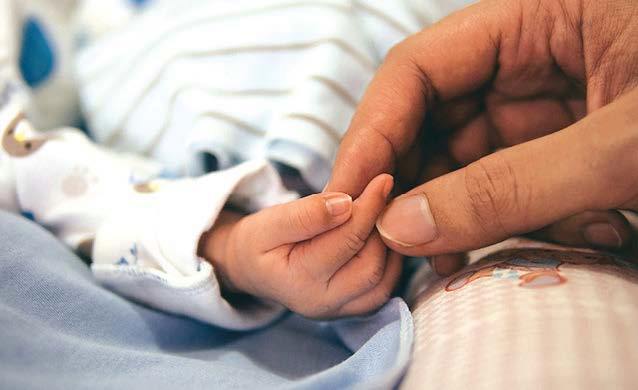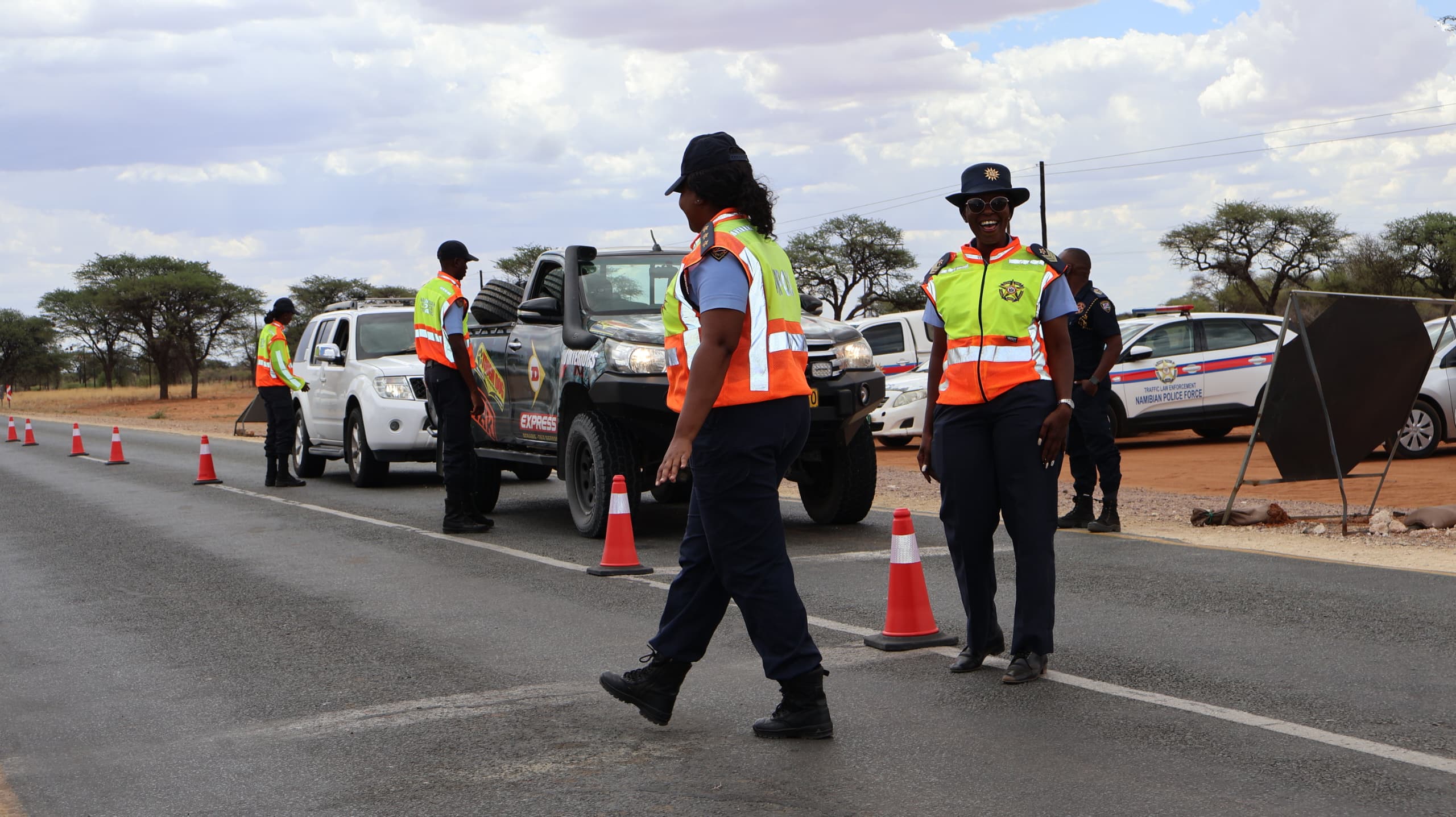The fact that pharmacies in Namibia are allowed to sell HIV-AIDS self-testing kits is seen as an advance in the medical fraternity in terms of privacy and people being able to know the result almost immediately.
It can take as little as 15 minutes and be done in a setting of the person’s choice, usually at home.
The Rapid HIV test detects HIV antibodies produced by a person’s body when he or she acquires an HIV infection.
However, has anyone in the medical or general health fraternity thought about the mental distress these results (especially if positive) might cause the individual taking the test?
Studies show that up to 50% of people with specific medical problems or stressors have been diagnosed with psychological problems.
Mental or psychological distress is used to describe a range of symptoms and experiences commonly held to be troubling, confusing, or out of the ordinary.
This can be triggered in the case of a person who might have found out they are HIV positive and are not necessarily aware of their options.
COUNSELLING
While most pharmacies sell HIV self-testing kits over the counter, it is not accompanied by counselling.
Positive HIV and AIDS results can have different psychological effects on different individuals.
In some cases it may prompt thoughts of suicide even though the insert accompanying the kit advises that the results should be followed up with a laboratory test.
A new study by researchers at the Penn State College of Medicine in the United States indicates that people living with HIV and acquired immune deficiency syndrome (AIDS) are more likely to have suicidal thoughts and commit suicide than members of the general population.
The researchers said despite significant medical advances related to HIV treatment and patients’ quality of life, the risk of suicide remains high and healthcare providers should prioritise mental health screenings among this section of the population.
Results from a College of Medicine study suggest that for every two people living with HIV-AIDS who have suicidal thoughts, one person will attempt suicide.
Out of 13 of such suicide attempts, one will result in death.
And with no counselling done prior to taking the HIV test, the situation can be aggravated if the results are positive.
CASE STUDY
The South African Medical Association (Sama) recently sounded a warning related to the use of HIV self-testing kits.
Former Sama chairman Norman Mabesa said it was “risky” for individuals to test themselves “unmonitored” and that it could lead to devastated patients or suicide.
This warning was subsequently echoed by members of the national Department of Health and the Treatment Action Campaign.
HIV counselling is a confidential dialogue between a client and a counsellor aimed at enabling the client to cope with stress and take personal decisions related to HIV-AIDS.
It includes evaluating the personal risk of HIV transmission, and discussing how to prevent infection.
It concentrates specifically on emotional and social issues related to possible or actual infection with HIV.
With the consent of the client, counselling can be extended to spouses, sex partners and relatives (family level counselling based on shared confidentiality).
SUPPORT
The objective of HIV counselling is both prevention and care.
A counsellor is trained in the skills of the job: Listening to the client, asking supportive questions, discussing options, encouraging people to make informed decisions, providing practical information and suggesting follow-ups.
Various studies have proved that good counselling helps people make informed decisions.
In the case of people living with HIV or AIDS, it has helped many to cope better with their condition and to lead more positive lives.
In addition, it has helped prevent HIV transmission.
In conclusion, self-testing may not be the ‘final solution’, and a more comprehensive HIV prevention strategy will be required.
However, it may prove an effective tool in increasing social awareness of HIV when used hand-in-hand with voluntary testing coupled with counselling.
I believe if pharmacies make provision for counselling for individuals, or advise those who buy the test kits on counselling, it can have a positive impact regardless of the result.
- Vilipata Shoombe is a Namibian youth who writes in his own capacity.
Stay informed with The Namibian – your source for credible journalism. Get in-depth reporting and opinions for
only N$85 a month. Invest in journalism, invest in democracy –
Subscribe Now!








